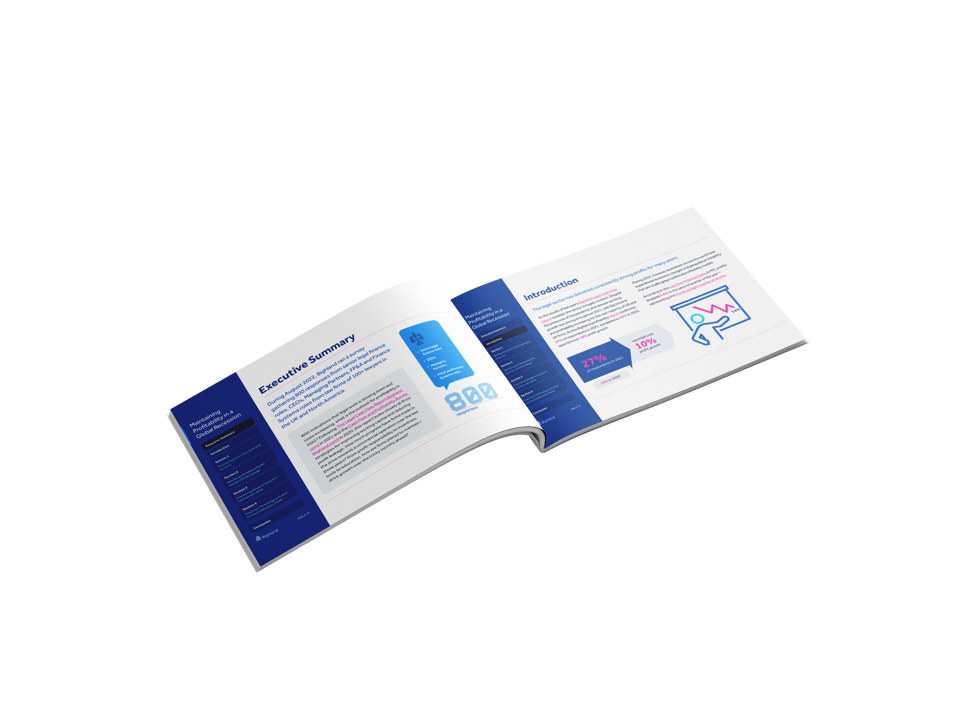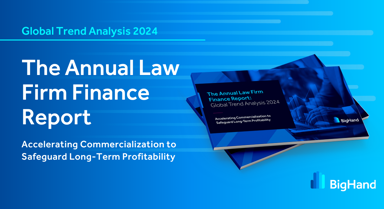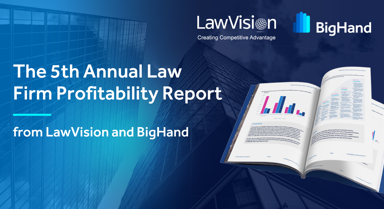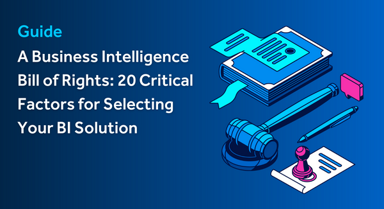Law firms are increasingly committed to developing a far more commercial culture – and that is extending right down to junior lawyers. In addition to the training in pricing practices and increasing billable hours targets outlined above, firms are exploring new compensation models that are specifically designed to minimize the problems that can lead to profit leakage. To support this commercial approach and empower lawyers with the right information, law firms are investing in roles such as data scientists to collaborate with financial analysts.
As we highlighted last year in the Legal Cash Flow Report, 70% of NA and 58% of UK firms had added financial analysts since the start of the pandemic. This year, 45% of NA and 58% of UK firms have added even more financial analysts. With 92% of NA and 93% of UK respondents now having data scientists in place, it is clear law firms have made a wholesale shift towards a data driven business model.

Lawyers Need Commercial Data
Armed with better commercial information, firms can now be far more specific in the way lawyers are incentivized to improve performance and profitability. For example, firms have already implemented or plan to implement lawyer compensation/ incentives linked to commercial key performance indicators. Top of the list is increasing cash recovery/collections (94% of NA and 92% of UK) – underlining the growing expectation that lawyers must take responsibility for the impact of client behavior on working capital.
Firms are also incentivizing lawyers to increase billable time entry (92% of NA and 92% of UK) and increase profitability margins (92% of NA and 89% of UK), which will demand that lawyers have good insight into resource allocation and costs. Better client communication will be required if lawyers are to achieve the goals associated with reducing billing write-downs (91% of NA and 88% of UK) and reducing discounts below standard rates (90% of NA and 90% of UK).
This is a very significant increase over last year, when just 39% of NA and 41% of UK firms had implemented compensation/ incentives to reduce billing write-downs and 39% of NA and 44% of UK to increase cash recovery/collection.
The rapid cultural shift towards a far more commercial operating model is predicated upon sharing accessible, easily digested financial information with lawyers. However, access to information is far from ubiquitous. Just 41% of NA and 39% of UK firms can now provide lawyers with access to billing information on the matters they are working on – raising questions about how lawyers can improve cash collections.
Only 40% of NA and 37% of UK firms provide time information at matter level. Just 41% of NA and 36% of UK provide profit information on matters. How can lawyers understand the profit impact of decisions regarding resource allocation, for example, without this data? Just 40% of NA and 34% of UK firms have access to matter budget versus actuals and 30% of NA and 38% of UK to WIP and Aged Debt/AR information.

Without immediate access to trusted information, how can lawyers confidently make decisions about matter pricing or resource utilization? How can they improve collection rates without providing clients with the continuous financial transparency increasingly demanded? How can they embark upon increasingly difficult conversations with clients without a full understanding of the downstream implications of pricing and discounting decisions? Lawyers will struggle to achieve a more commercially driven client relationship when they have limited insight into the essential financial metrics at matter level.
Talking Points
Incentivizing individuals to be more commercially focused is clearly the direction of travel for the legal industry but achieving this change will demand more than investment in training and financial incentives. It will require more than a dedicated data scientist and financial analysis teams. This is information that needs to be embedded within lawyers’ day-to-day operations, not held within a data science ivory tower. It needs to be up to date, accessible and, critically, understood.
Incentives will rapidly become dis-incentives if lawyers are not given the tools, knowledge and training required. Lawyers want these skills too – by investing in creating a strong commercial foundation, firms can also better secure talent in the longer term. Data scientists, financial analysts and pricing specialists are an essential addition to the legal skill set but it is by supporting lawyers day-to-day that firms will embed a commercial culture across the sector.
This was an excerpt from the report Maintaining Profitability in a Global Recession. Access the full report to dive deeper into the findings from over 800 legal management professionals:







